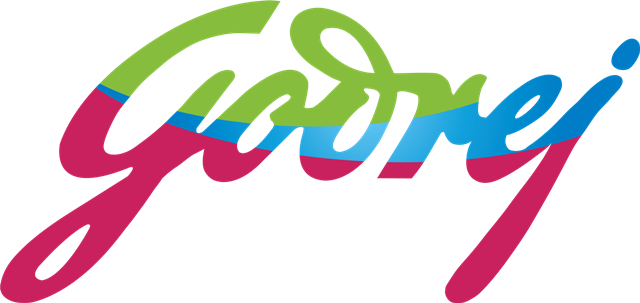
GCPL’s business strategy revolves around a “3×3” approach to international expansion, focusing on building a significant presence in three emerging markets (Asia, Africa, and Latin America) across its three core categories. The company aims for consistent, double-digit volume growth by leveraging its existing market leadership, deepening category penetration, and focusing on innovation and renovation of its product portfolio. They are also increasingly emphasizing digital transformation and sustainability across their operations. Recent strategic moves include streamlining global manufacturing operations to focus on efficiency in India and pursuing strategic acquisitions to strengthen their market position.
GCPL has a widespread distribution network, reaching both urban and rural markets in India and extending its footprint to over 85 countries. They hold leadership positions in several key categories, including household insecticides and hair color in India and Indonesia. The company has shown consistent revenue growth over the years, although recent profit growth has been volatile. They are actively working on cost optimization and resource allocation towards profitable growth initiatives.
Latest News on Godrej Consumer Products
From Hindustan Unilever to Nestlé, traditional fast-moving consumer goods companies are repositioning their iconic brands to cater to a new premium market.
The Indian consumer goods industry is undergoing a significant transformation, with legacy brands reworking their promise of reliability at scale to cater to the changing needs of younger consumers. For decades, brands like Godrej, Marico, and Tata Consumer Products have been synonymous with reliability and affordability. However, with the rise of digital-first brands and changing consumer preferences, these companies are now shifting their focus towards premium, lifestyle-led offerings.
Younger consumers, particularly Gen Z, are driving this change. They are more exposed to global trends, less loyal to labels, and demand more from the brands they engage with. In response, companies like Hindustan Unilever, Nestle, and Dabur are reinventing their brands, introducing premium variants, and expanding their product lines to cater to the evolving needs of their customers.
For instance, Hindustan Unilever has updated its Lifebuoy soap brand to focus on skin protection, while Nestle has introduced Korean-style noodles under its Maggi brand. Dabur has launched premium variants of its Vatika shampoo, featuring ingredients like red onion and argan oil. Unilever has also launched Vaseline Lip Derma Therapy in South Korea, targeting Gen X and Gen Z consumers with a premium face-care product.
This shift towards premiumization is not just about launching new products or increasing prices. It requires a deeper transformation in how legacy companies present themselves and engage with consumers. Digital-first brands have set a new standard for packaging, visual language, and storytelling, and legacy brands must adapt to remain relevant.
The challenge for legacy companies is to balance reinvention with trust. Decades of familiarity and quality have built trust with consumers, but familiarity alone is no longer enough. Companies must layer relevance and aspiration on top of their foundation to remain competitive. As the Indian consumer market continues to evolve, with rising aspirations and increasing demand for premium products, legacy brands must be willing to adapt and innovate to remain relevant.
The premiumization trend is no longer limited to metro cities, with rural and semi-urban markets now accounting for over 40% of premium FMCG sales. Companies must deliver value-led premium experiences through the right formats and channels to cater to the growing aspirations of consumers across income groups. Ultimately, the key to success lies in understanding the changing needs of consumers and being willing to evolve and innovate to meet those needs.
Stock Market Updates for Godrej Consumer Products
Recent Updates
No Results Found
The page you requested could not be found. Try refining your search, or use the navigation above to locate the post.